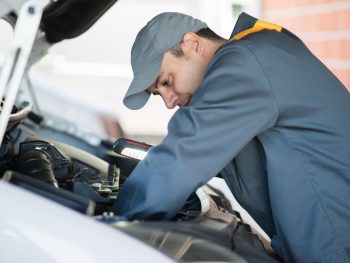A new project that uses real-world information to bring more certainty to expected lead times for fleets booking service, maintenance and repair (SMR) is underway at Epyx.

The programme uses historical data to ascertain the actual lead times achieved during the last 12 months by garages and other SMR suppliers through the 1link Service Network platform and apply these to new bookings.
SMR lead times have risen sharply since the pandemic and are currently a real problem for fleets, making it difficult both to schedule routine maintenance and resolve unexpected breakdowns.
Tim Meadows, CCO at Epyx, said the work should bring more certainty to lead times by creating online booking conditions that better match what is happening in the real world.
“Currently, SMR providers set their own lead time expectations on our platform and most haven’t changed them since before the pandemic, which was when delays started to become a bigger issue. This means that when a fleet tries to make a booking in line with dealer guidance, it is likely to be rejected because there are no free slots within that time frame.
“Now, we’re trialling an approach where the platform uses a lead time expectation based on a 12-month real-world average for each SMR supplier. This means that the fleet has a much better idea of when to attempt to make a booking that is likely to be accepted through the platform, something that we are finding reduces administration for both fleets and service centres, and enhances the driver experience thanks to fewer declines and re-bookings.”
Epyx data from 1link Service Network – whch is used by fleets totalling more than four million vehicles – shows that fleet SMR lead times were an average of 10.89 days in February 2020, the month before the first pandemic lockdown, but are now much higher, reaching 13.24 days in March 2025.
Meadows said: “It is undeniable that fleets have had to learn to manage their fleets with lengthier access to SMR. Anything that we can do to ease this situation – such as this new initiative – is likely to be welcomed by vehicle operators.”

